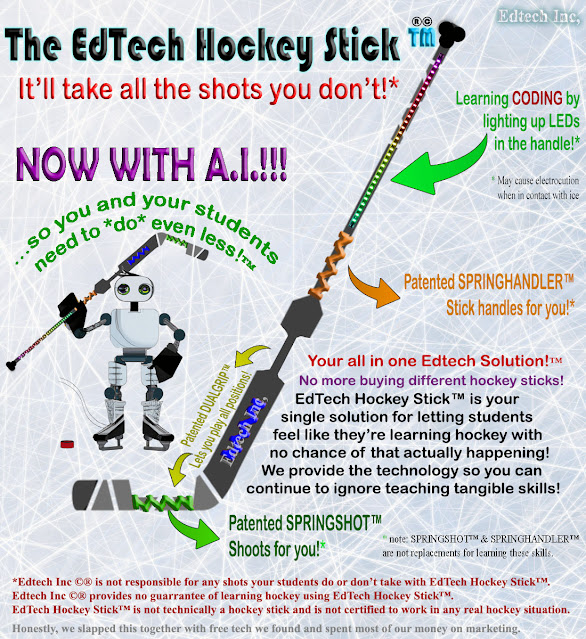If you’ve read this blog you know I’ve written a historical fiction of my granddad’s time in the RAF during World War 2. The two books I’ve done already are about his time behind Nazi lines in France in 1940, but after he escaped he got sent to Africa and spent the the next chapter of his time overseas crossing the Sahara (in 1940s vehicles!) and fighting in Egypt and Libya. I’m keen to eventually trace his steps but when am I ever going to be on the east coast of Africa?
The Allies didn’t have control of the Mediterranean in late 1940 (remember Guns of Navarone?), so the Royal Navy took Bill and his RAF squadron down the east coast of Africa to Takoradi in Ghana. There they unloaded their Hurricanes and ground support vehicles and then they (incredibly), saddled up in their 1940s vehicles and leapfrogged with their planes ***across the Sahara***!!! It’s a 5000+ kilometre odyssey that leaves me absolutely awe struck:
Sure, Tim, you’re saying, but when are you ever going to get to Ghana? Well… I applied to the Global Forum for Cybersecurity Expertise’s cyber-research proposals in the summer and my paper on quantum disruption in cyber got accepted… which means I’m going to Accra, Ghana to present it at the end of November at the Global Conference on Cyber Capacity Building. That puts me about 200 kilometres away from Takoradi where I’d have a chance to stand where Bill stood in late 1940.
I’m feeling pretty scrappy. The dream ride would be to get a collection of 1940s RAF bikes, cars and lorries and repeat that astonishing trek across the desert to the southern coast of the Mediterranean. That’s some pretty gnarly country, so doing it as part of a documentary with a film crew that looks at what life was like in the desert in World War 2 would be the dream part of this ride.
Some of my cousins ride and some of their kids are old enough to do it too. There are several times in Bill’s military career when he shouldn’t have made it out, but he had a knack for it. An opportunity for his descendents (who wouldn’t be here if he didn’t have that knack) to repeat this Sahara crossing while talking about the history and passing through the heart of the desert on 1940s technology would be… epic.
 |
| Yep, that’s what epic looks like. |
 |
| Austin Vince did Mondo Sahara, which was ambitious. This is… more. |
 |
| RAF in the desert collecting downed Hurricanes. Engines of Western Allies WW2. |
from Blogger https://ift.tt/QOW0BYh
via IFTTT







